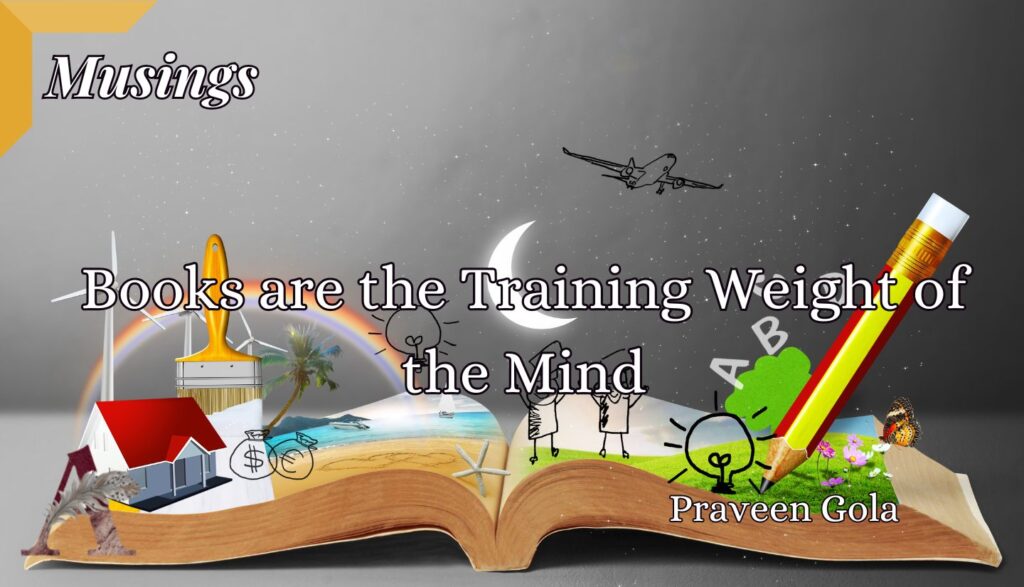
Books have long been heralded as the training weight of the mind, a sentiment that encapsulates the profound impact literature has on intellectual growth, critical thinking, and personal development. Much like physical exercise strengthens the body, reading exercises the mind, expanding knowledge, fostering empathy, and stimulating imagination.
At its core, reading is a mental workout that challenges the brain and sharpens cognitive abilities. Just as lifting weights builds muscle strength, delving into the pages of a book strengthens neural pathways, improves memory retention, and enhances problem-solving skills. As individuals navigate complex narratives, analyze intricate plotlines, and decipher challenging vocabulary, their mental faculties are put to the test, resulting in increased mental agility and intellectual acumen.
Moreover, books serve as a gateway to knowledge, offering insights into a wide array of subjects and disciplines. Whether exploring the depths of history, unraveling the mysteries of science, or delving into the intricacies of philosophy, literature provides a wealth of information waiting to be discovered. By engaging with diverse perspectives and ideas, readers broaden their understanding of the world, gaining new insights and perspectives that enrich their lives.
Beyond mere intellectual stimulation, books also cultivate empathy and emotional intelligence. Through the pages of a novel, readers are transported into the lives of characters from different backgrounds, cultures, and experiences. They witness their struggles, triumphs, and innermost thoughts, fostering a deeper understanding of human nature and the complexities of the human condition. This ability to empathize with others not only enhances interpersonal relationships but also fosters a sense of compassion and tolerance towards others.
Furthermore, books have the power to ignite imagination and inspire creativity. From the fantastical realms of science fiction to the historical landscapes of period dramas, literature transports readers to worlds beyond their own, sparking curiosity and fueling imagination. As individuals immerse themselves in captivating narratives and vivid imagery, they are encouraged to think outside the box, explore new possibilities, and envision alternative realities.
In addition to their cognitive and emotional benefits, books also serve as a source of personal growth and self-discovery. Through the pages of a book, readers encounter characters who grapple with universal themes such as love, loss, courage, and resilience. These stories serve as mirrors reflecting our own experiences and struggles, offering insights and wisdom that resonate on a deeply personal level. Whether seeking guidance through life’s challenges or embarking on a journey of self-reflection, books provide solace, inspiration, and guidance along the way.
In conclusion, books are indeed the training weight of the mind, shaping intellect, nurturing empathy, and inspiring imagination. In the digital age, where information is readily accessible at the click of a button, the timeless allure of books continues to endure, serving as a beacon of enlightenment and a testament to the enduring power of the written word.
Praveen Gola

0 Comments